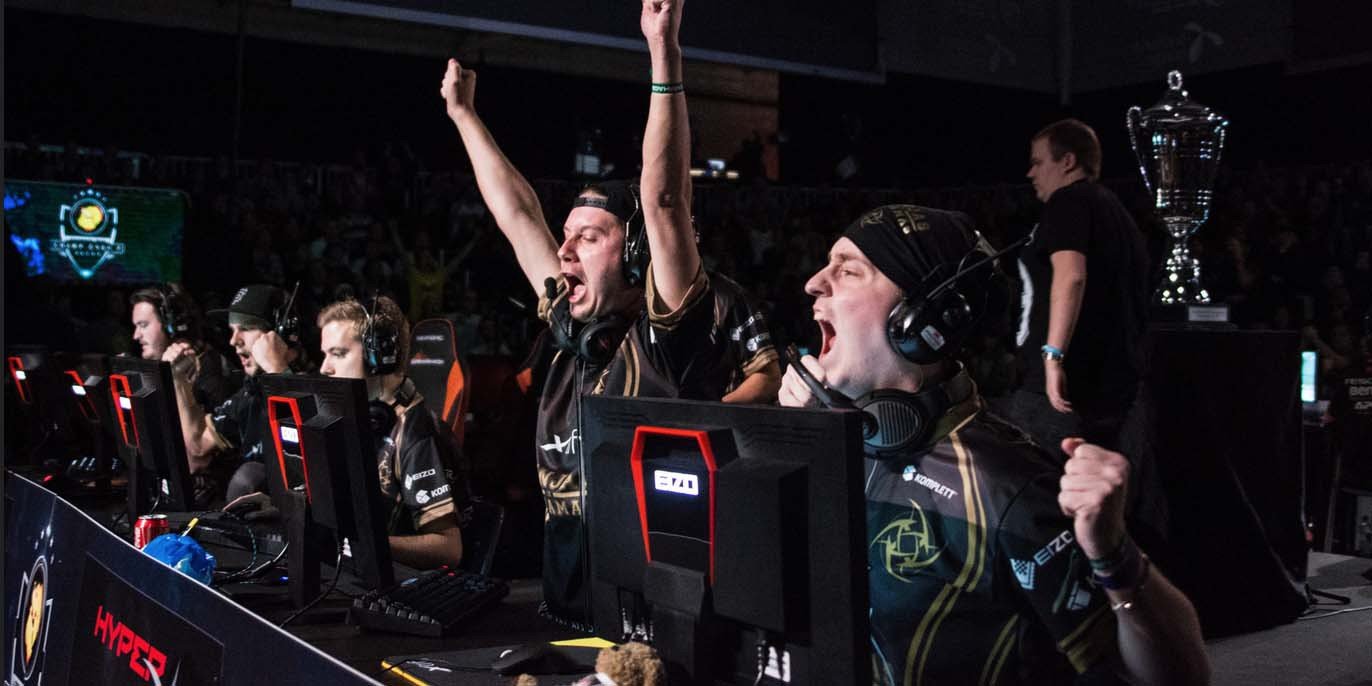CS:GO-f**k yourselves, BBC
The world of eSports has seen a significant rise in both its size and its monetary value within the last 5 years or so. Within Counter Strike alone there has been a huge increase in the viewership and interest in the game since the summer of 2014 alone. With the game at its highest rate of interest ever since the scene began well over a decade ago, the BBC recently decided to write about women within the Counter Strike scene as part of its “100 Women in 2016” series. In their article, as well as their short video documentary which accompanies it, they focused on two of the biggest female names in Counter Strike: Stephanie “MissHarvey” Harvey and Julia “Juliano” Kiran. Both have since distanced themselves from the article, claiming it was misrepresentative of their views and of CS as a whole. Within the article it was clear the focus was not on celebrating the rise of female participation in professional CS but to demonise the scene for the lack of top female talent. As a Counter Strike fan, and a fan of both Harvey and Kiran’s work within the scene, I would like to do what the BBC should have done and look at what could be done to further the growth of female professional CS.An issue that has been brought up within the scene is that there is not enough female players. This argument tends to be focused on the top tiers of CS, where it is correct to say no female teams or players have made it thus far. However, many see this as damning evidence of the scene as a whole, and never venture deeper to ask why this is the case. The growth of CS over the last number of years has followed a huge investment from event organisers and organisations who own the teams that represent them. This has allowed for a greater level of professionalism from players, being able to practice the game for dozens of hours a week without having to worry about finance. The number of fully professional female teams is significantly smaller than that of male line-ups but what we have seen over the last 2 years is that once that investment is made in female teams, the quality of their play significantly rises to the standard exhibited by most male teams. Surely then continued support from large eSports organisations such as Counter Logic Gaming, Team Secret and Team LDLC, as well as more large organisations picking up women’s rosters, will break down any gendered difference within the sport.It is because of individuals like MissHarvey and Juliano that women in esports are being taken seriously, and are able to compete in mixed tournaments, and for that they should be celebrated as pioneers, not misrepresented by the likes of the BBC for the sake of stirring controversy online.


